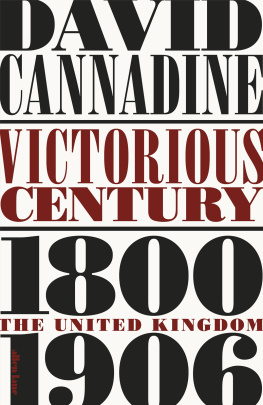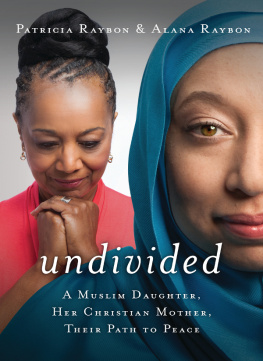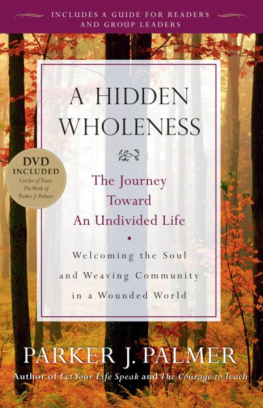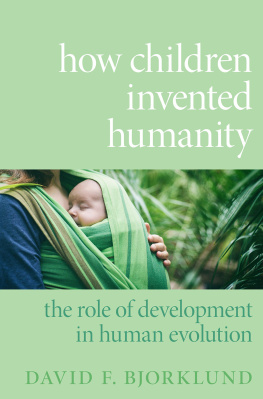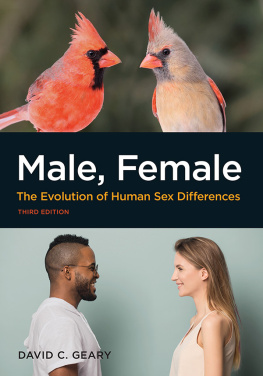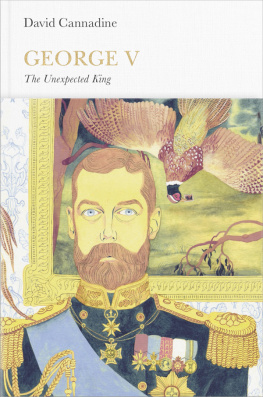David Cannadine - The Undivided Past: Humanity Beyond Our Differences
Here you can read online David Cannadine - The Undivided Past: Humanity Beyond Our Differences full text of the book (entire story) in english for free. Download pdf and epub, get meaning, cover and reviews about this ebook. year: 2013, publisher: Knopf, genre: History. Description of the work, (preface) as well as reviews are available. Best literature library LitArk.com created for fans of good reading and offers a wide selection of genres:
Romance novel
Science fiction
Adventure
Detective
Science
History
Home and family
Prose
Art
Politics
Computer
Non-fiction
Religion
Business
Children
Humor
Choose a favorite category and find really read worthwhile books. Enjoy immersion in the world of imagination, feel the emotions of the characters or learn something new for yourself, make an fascinating discovery.

- Book:The Undivided Past: Humanity Beyond Our Differences
- Author:
- Publisher:Knopf
- Genre:
- Year:2013
- Rating:3 / 5
- Favourites:Add to favourites
- Your mark:
- 60
- 1
- 2
- 3
- 4
- 5
The Undivided Past: Humanity Beyond Our Differences: summary, description and annotation
We offer to read an annotation, description, summary or preface (depends on what the author of the book "The Undivided Past: Humanity Beyond Our Differences" wrote himself). If you haven't found the necessary information about the book — write in the comments, we will try to find it.
The Undivided Past: Humanity Beyond Our Differences — read online for free the complete book (whole text) full work
Below is the text of the book, divided by pages. System saving the place of the last page read, allows you to conveniently read the book "The Undivided Past: Humanity Beyond Our Differences" online for free, without having to search again every time where you left off. Put a bookmark, and you can go to the page where you finished reading at any time.
Font size:
Interval:
Bookmark:
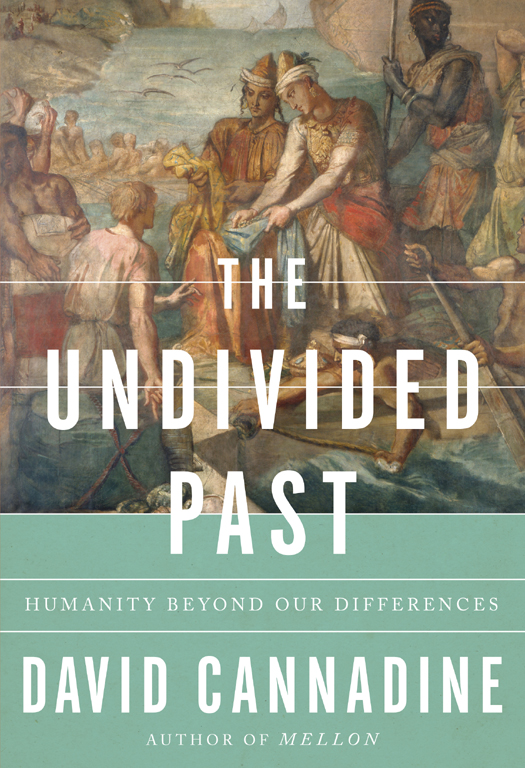
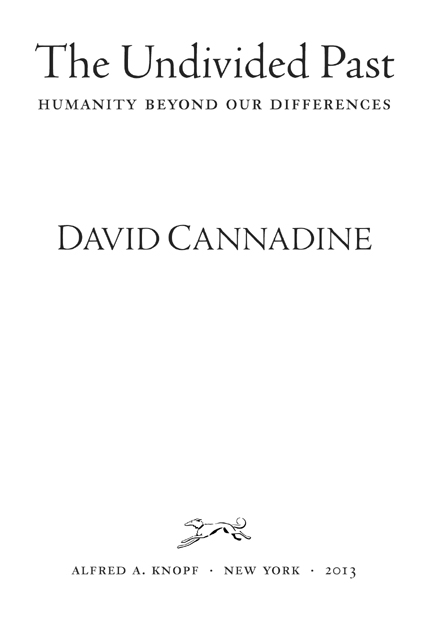
THIS IS A BORZOI BOOK
PUBLISHED BY ALFRED A. KNOPF
Copyright 2013 by David Cannadine
All rights reserved. Published in the United States by Alfred A. Knopf, a division of Random House, Inc., New York and in Canada by Random House of Canada Limited, Toronto.
www.aaknopf.com
Knopf, Borzoi Books, and the colophon are registered trademarks of Random House, Inc.
eBook ISBN: 978-0-307-95737-5
Hardcover ISBN: 978-0-307-26907-2
Grateful acknowledgment is made to the following for permission to reprint previously published material: Doubleday and Cambridge University Press: Excerpt from We and They from Debits and Credits by Rudyard Kipling, copyright 1926 by Rudyard Kipling, copyright renewed 1953 by Elise Bambridge and from The Cambridge Edition of the Poems of Rudyard Kipling, edited by Thomas Pinney. Used by permission of Doubleday, a division of Random House, Inc., on behalf of U.S. print rights and by permission of Cambridge University Press, on behalf of Canadian print rights and World electronic rights.
Random House, Inc.: Excerpt from Human Family from I Shall Not Be Moved by Maya Angelou. Copyright 1990 by Maya Angelou. Used by permission of Random House, Inc.
Library of Congress Cataloging-in-Publication Data
Cannadine, David, [date]
The undivided past : humanity beyond our differences / by David Cannadine. 1st ed.
p. cm.
Includes bibliographical references and index.
ISBN: 978-0-307-26907-2
1. World history. I. Title.
D 20.c197 2013
128dc23 2012029278
Cover image: Commerce Brings Peoples Together (Eastern Merchants on a Western Shore) by Theodore Chasseriau. Louvre, Paris, France RMN-Grand Palais / Art Resource, New York
Cover design by Jason Booher
Manufactured in the United States of America
v3.1
For Nomi and Rick
If we would indicate an idea which throughout the whole course of history has ever more and more widely extended its empire it is that of establishing our common humanityof striving to remove the barriers which prejudice and limited views of every kind have erected amongst men, and to treat all mankind, without reference to religion, nation or colour, as one fraternity, one great community.
Wilhelm von Humboldt, quoted in Ashley Montagu, Mans Most Dangerous Myth: The Fallacy of Race
Human groupings have one main purpose: to assert everyones right to be different, to be special, to think, feel and live in his or her own way. People join together in order to win or defend this right. But this is where a terrible, fatal error is born: the belief that these groupings in the name of a race, a God, a party or a state are the very purpose of life and not simply a means to an end. No!
Life and Fate
Are we so sure of ourselves and of our age as to divide the company of our forefathers into the just and the damned ? When the passions of the past blend with the prejudices of the present, human reality is reduced to a picture in black and white.
The Historians Craft
Where previously our history has been characterised by a plundering of the past to separate and differentiate us, our future now holds the optimistic possibility that we will re-visit the past more comfortably and find elements of kinship long neglected, of connections deliberately overlooked.
President Dangerous Games: The Uses and Abuses of History
When I was coming up, it was a dangerous world, and you knew exactly who they were. It was us versus them, and it was clear who them [sic] was. Today, were not so sure who they are, but we know theyre there.
President George W. Bush,
quoted in the New York Times, April 16, 2006
The world is awash in divisions rooted in the human compulsion to believe our differences are more important than our common humanity.[But] our common humanity is more important than our interesting and inevitable differences.
President Bill Clinton,
Giving: How Each of Us Can Change the World
This book sets out to explore and investigate the most resonant forms of human solidarity as they have been invented and created, established and sustained, questioned and denied, fissured and broken across the centuries and around the world, and as they have defined the lives, engaged the emotions, and influenced the fates of countless millions of individuals. It does so by looking at the six most commonplace and compelling
What is perhaps most remarkable is how well the appeal of us versus them works over a range of categories, aggregations, and identities that are scarcely comparable. For much of recorded history the two most prominent have been (initially) religious affiliation and (subsequently) national projected onto anatomical features shared by some human beings but not by others; while civilization is perhaps the most flexible form of human grouping, which can be defined according to any number of criteria.
Yet however disparate and incommensurable, these collective identities have all been defined and reinforced through confrontation, struggle, and conflictagainst an alternative religion, an enemy nation, a hostile class, the other gender, a different race, or an alien civilization. The result has been the serial reiteration of the Manichean view that the world is divided into conflicting groups, with a monolithic good on one side (those with us), and a no less monolithic evil on the other (those against us). This ultimately apocalyptic perspective has resonated on many terrible occasions throughout history, and it was vigorously and unapologetically reiterated by President
During the last half century or so, the conventional wisdom
But the fact that humanity is still here, that no one has vanquished us or them on either side of any of these divides, despite such ultimate confrontations and conflicts, suggests that there is a case for taking a broader, more ecumenical, and even more optimistic view of human identities and relationsa view that not only accepts difference and conflict based on clashing sectional identities, but also recognizes affinities and discerns conversations across these allegedly impermeable boundaries of identity, which embody and express a broader sense of humanity that goes beyond our dis-similarities.Maya Angelou:
I note the obvious differences
Between each sort and type,
But we are more alike, my friends,
Than we are unalike.
In his recent book, appropriately entitled and divisive, at worst reductive and misleading: for these very categories of us and them, whatever their particular articulation, and though proclaimed to be irreducible and absolute, frequently reveal themselves to be unstable and ambiguous; they often prove to be incoherent even in the thick of their confrontations with the implacable foe; and they are held together not so much by shared self-awareness as by the exhortations of leaders, journalists, activistsand by some historians, too.
This book addresses these issues, by investigating each of those six divisive collective identities with which we seem most preoccupied, even while acknowledging and demonstrating that they are in some ways very different sorts of solidarities. For they are sufficiently similar to one another in their polarizing propensities to merit an urgently needed comparative analysis that is evenhandedly skeptical of each and of all their claims to priority and supremacy. Accordingly, the following chapters examine how theologians and priests, politicians and pundits, commentators and historians have each asserted the incomparable importance of one particular form of collective human identity over any other, and how in so doing they have encouraged among those on one side of any divide a sense of the ultimate righteousness of their cause and collectivity. I go on to describe how, on occasion, people have indeed behaved in accordance with these Manichean analyses and prescriptions, in terms of religious fervor, national patriotism, class consciousness, gender awareness, racial solidarity, and civilizational identity. And I note how historians frequently contributed to this identity-obsessed way of seeing the world, most fully in the chapter on class. But I also look at the many conversations that have gone on in denial and defiance of these allegedly impermeable boundaries and antagonistic solidarities, which are too often presented, either mistakenly or mischievously, as if they are the only version of the human condition that has any salience or plausibility. For as individuals, we often recognize the common humanity that we lose sight of when called upon to act in groups.
Font size:
Interval:
Bookmark:
Similar books «The Undivided Past: Humanity Beyond Our Differences»
Look at similar books to The Undivided Past: Humanity Beyond Our Differences. We have selected literature similar in name and meaning in the hope of providing readers with more options to find new, interesting, not yet read works.
Discussion, reviews of the book The Undivided Past: Humanity Beyond Our Differences and just readers' own opinions. Leave your comments, write what you think about the work, its meaning or the main characters. Specify what exactly you liked and what you didn't like, and why you think so.

